We enroll children aged between 1 and 6 years and currently comprises the following:
Crèche (1+)
Nursery One (2+)
Nursery Two (3+)
Kindergarten One (4+)
Kindergarten Two (5+)
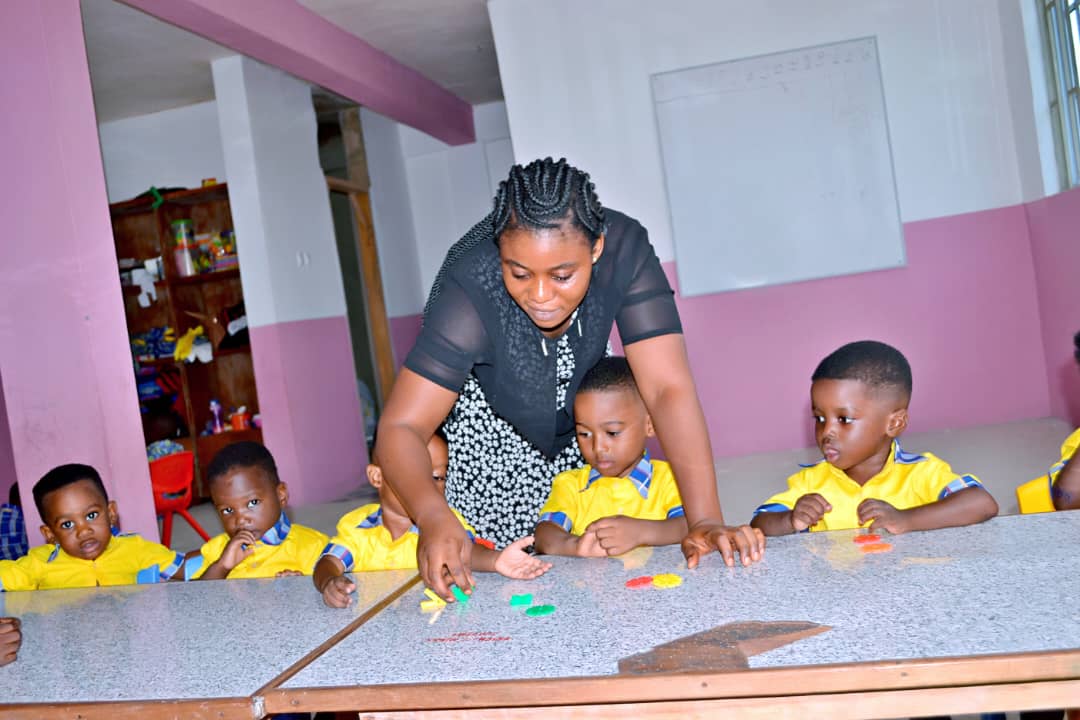
Jolly Phonics is a comprehensive programme based on the proven, fun and multi-sensory synthetic phonics method that gets children reading and writing from an early age; we teach letter sounds instead of the alphabet. These 42 letter sounds are phonic building blocks that children use with the right tools to decode English. When reading a word, they recognise the letters and blend the respective sounds; when writing a word, they identify the sounds and write down the corresponding letters. These skills are called blending and segmenting. These are two of the five skills that children need to master phonics:
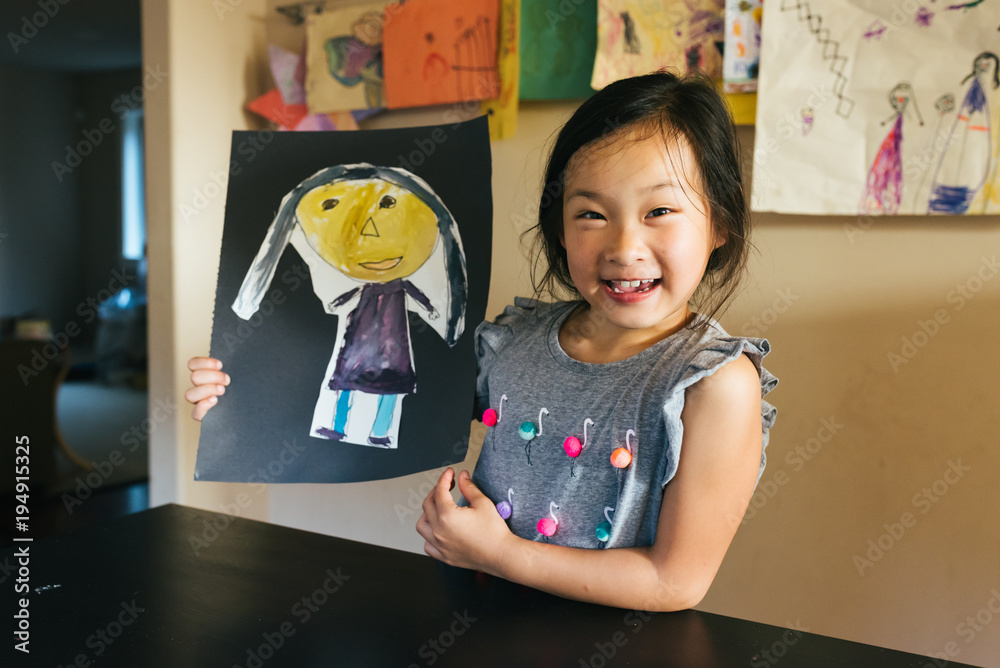
Motor skills curriculum is designed to promote the development of fine and gross motor skills in young children. It focuses on activities and exercises that enhance physical coordination and control. In a fine motor skills component, preschoolers engage in activities like drawing, cutting, and finger painting to refine hand-eye coordination and dexterity. In the gross motor skills segment, they participate in running, jumping, and climbing activities to develop balance, strength, and spatial awareness.
The curriculum is typically structured to be fun and play-based, ensuring that children enjoy the learning process. It also encourages the development of fundamental skills like hand strength, bilateral coordination, and body control, which are crucial for a child’s physical and cognitive development. A preschool motor skills curriculum helps young children build the foundational physical abilities for daily tasks and future learning.
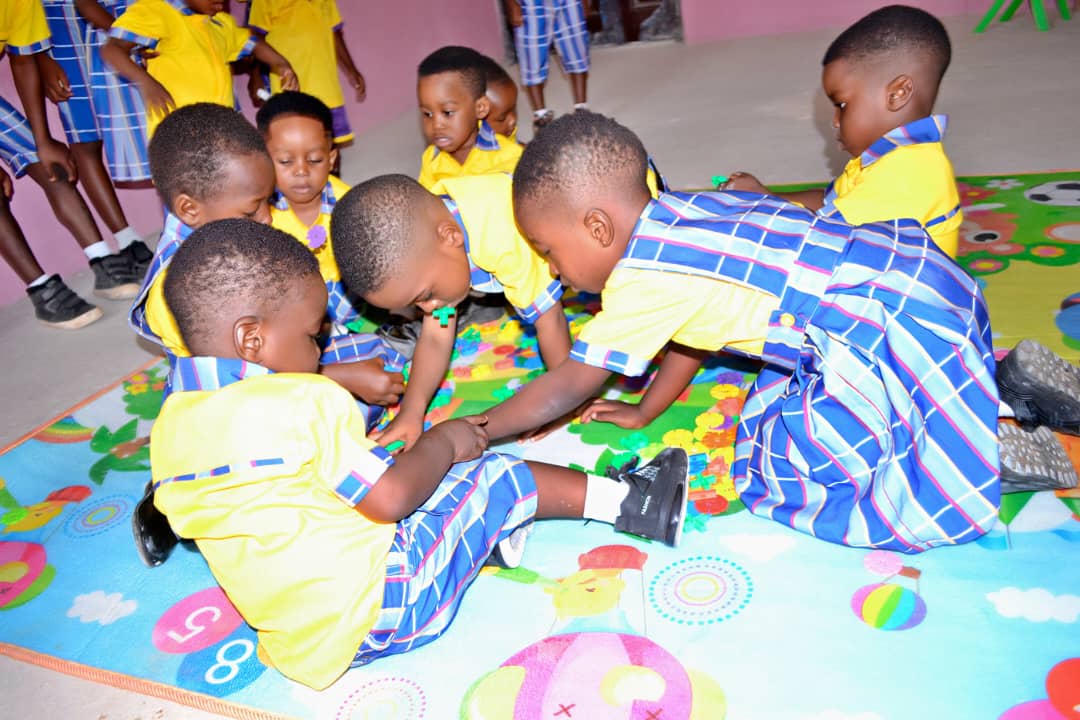
Art activities are important as they encourage each child’s “full and all-sided development”. They help children develop their cognitive, social, and motor abilities. Young children feel a sense of emotional satisfaction when they are involved in making art. This satisfaction comes from children’s control over the materials they use and their autonomy in their decisions. Making art also builds children’s self-esteem by allowing them to express their thoughts and feelings.
For very young children, making art is a sensory exploration activity. They enjoy the feeling of a crayon moving across the paper and seeing a blob of coloured paint grow larger. Activities centred around making art also require children to make decisions and self-evaluate. The curriculum includes academic concepts of literacy and maths, such as counting, colouring, and letter recognition, and developing large and fine motor skills, such as walking in a line and using a pencil. It also includes social and school-readiness skills, such as making friends, sharing, and taking turns.
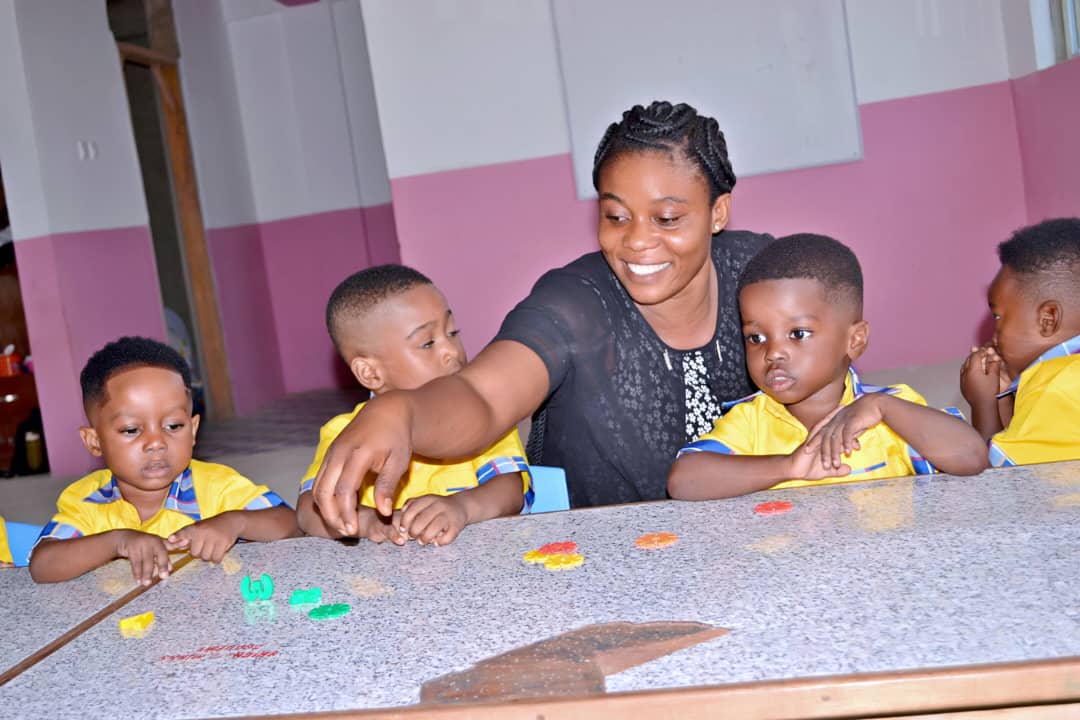
Reading Aloud – Librarians or teachers read age-appropriate books to the children, using engaging voices and expressions. – Various books are featured, including picture, rhyming, and non-fiction
Story Selection – Stories are carefully chosen to captivate children’s interests and stimulate their imagination. – Themes may vary, covering friendship, animals, seasons, and more.
Literacy Skills – Promoting early literacy skills such as recognising letters and sounds, comprehension, and vocabulary development. – Highlighting sight words or letter sounds that relate to the stories.

character education lesson aims to instil positive values and traits in young children to help them develop into responsible and respectful individuals. These lessons typically teach essential values such as honesty, kindness, empathy, sharing, and good manners. Through stories, role-playing, and interactive activities, preschoolers learn about these values in a relatable and age-appropriate manner. The goal is to help children understand the importance of being good citizens and building strong peer relationships. Character education lessons also encourage the development of social and emotional skills, fostering a foundation for ethical behaviour and personal growth.
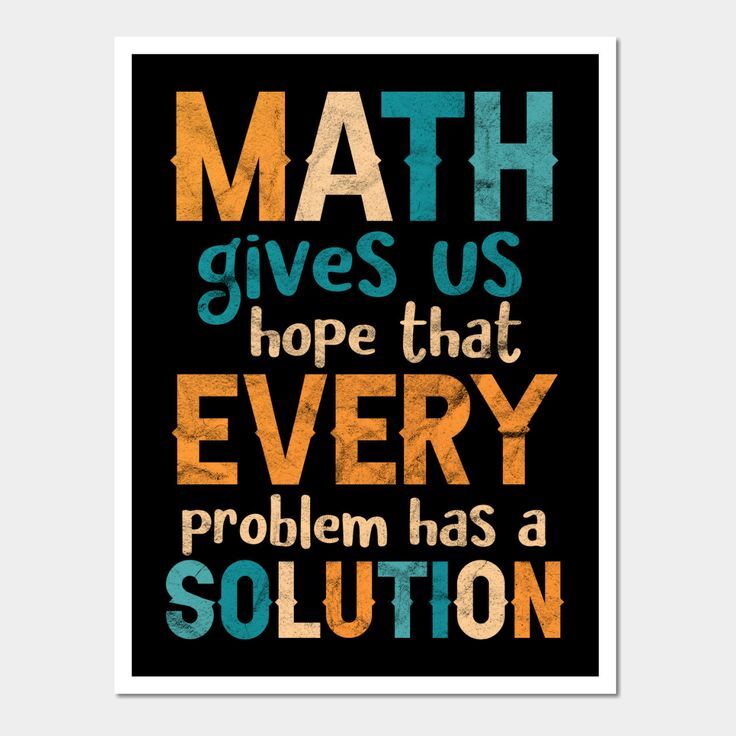
Preschool in mathematics is to ensure that pupils develop confidence and mental fluency with whole numbers, counting and place value; it involves working with numerals, words and the four operations, including practical resources (for example, concrete objects and measuring tools) At this stage, pupils should develop their ability to recognise, describe, draw, compare and sort different shapes and use the related vocabulary. Teaching should also involve using various measures to describe and compare quantities such as length, mass, capacity/volume, time and money.
By the end of reception 2, pupils understand place value and number recognition. An emphasis on practice at this early stage will aid fluency. Pupils should read and spell mathematical vocabulary at a level consistent with their increasing word reading and spelling knowledge.




